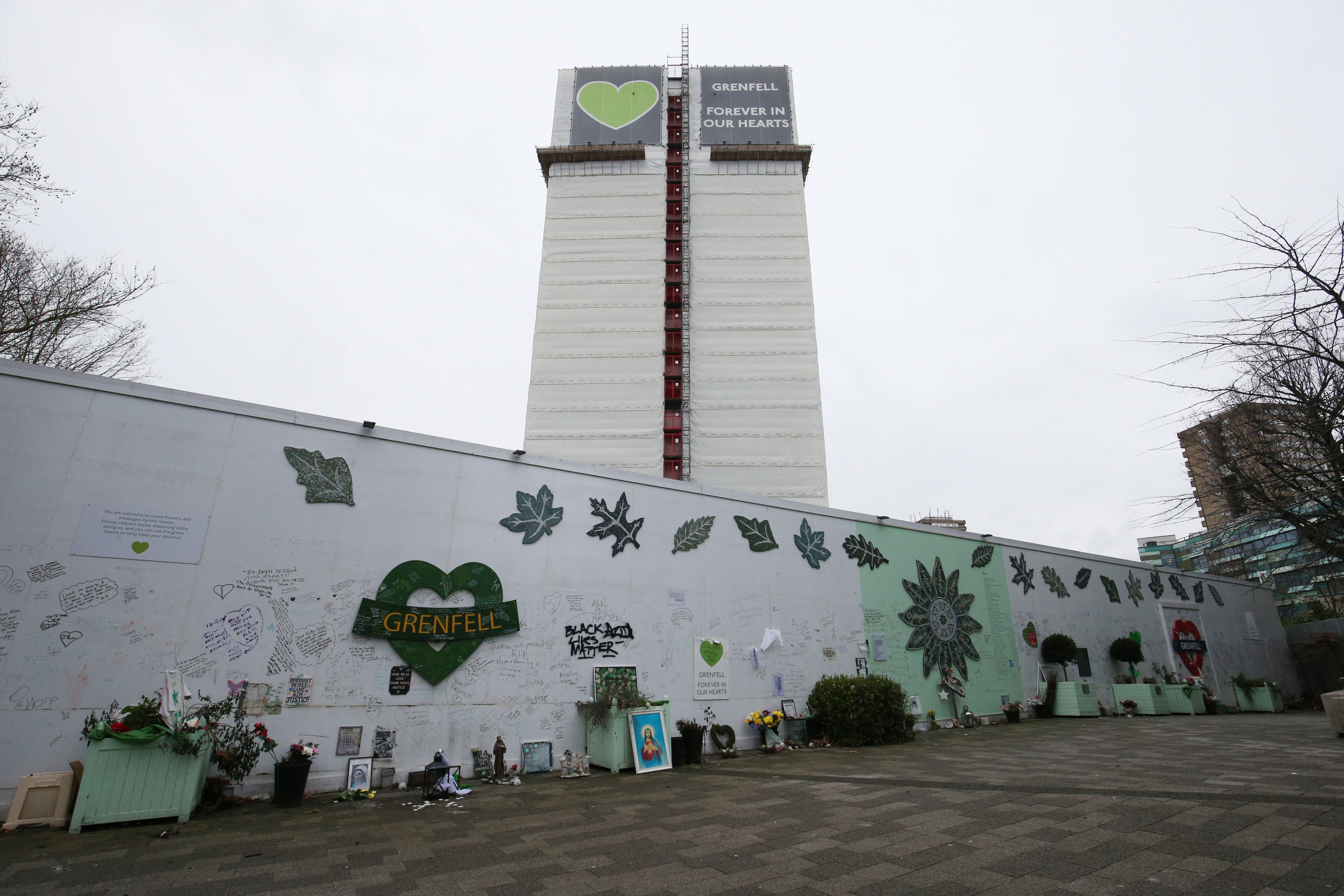Ex-minister for Grenfell victims ‘ashamed’ by Government response
Nick Hurd had been made minister for policing and the fire service two days before the disaster on June 14 2017.

Your support helps us to tell the story
From reproductive rights to climate change to Big Tech, The Independent is on the ground when the story is developing. Whether it's investigating the financials of Elon Musk's pro-Trump PAC or producing our latest documentary, 'The A Word', which shines a light on the American women fighting for reproductive rights, we know how important it is to parse out the facts from the messaging.
At such a critical moment in US history, we need reporters on the ground. Your donation allows us to keep sending journalists to speak to both sides of the story.
The Independent is trusted by Americans across the entire political spectrum. And unlike many other quality news outlets, we choose not to lock Americans out of our reporting and analysis with paywalls. We believe quality journalism should be available to everyone, paid for by those who can afford it.
Your support makes all the difference.The former minister for Grenfell victims has said he is “ashamed” by the Government’s response to the fire.
Nick Hurd had been made minister for policing and the fire service two days before the disaster on June 14 2017.
The former MP for Ruislip, Northwood and Pinner was then made minister for Grenfell victims on June 26, overseeing the Government’s support for survivors and residents.
He told the inquiry on Monday that the system failed to provide victims with even “the most basic support and comfort”.
“I’m ashamed of the failure of the system I was part of to provide fellow citizens with the most basic support and comfort that they had every reason to feel totally entitled to in arguably their darkest hour,” he said.
“I have thought hard about this, I genuinely feel that I did the best I could with the information and experience available to me, but if the inquiry feels that this wasn’t good enough, I, like others, will be held to account for it.”
Answering a question on what he would have done differently, Mr Hurd said he was part of a system that did not realise that the Royal Borough of Kensington and Chelsea would not be able to deal with the disaster.
“I was part of a system that failed to be alive early enough to the possibility/probability that Kensington and Chelsea council would not be able to cope – and this isn’t a judgment around preparation, or even competence,” he said.
We are talking about a community in deep trauma and those helping them, or trying to help them, need to be - in my view - better informed about what that actually means
“I think it should have been evident to us earlier that the scale and complexity of the seismic impact of this disaster was always going to be too much for one council to cope with, and that the very clear impression that was forming quickly on the first day (was) that the council was going to struggle to have the moral authority to lead.”
He told the inquiry the Government should have been quicker to put in place risk monitoring to give a “more direct observation” of what was happening on the ground, and the reality of life for victims sleeping in rest centres.
Mr Hurd added that he was also upset to hear how bereaved survivors and residents felt about the way they were treated after the fire.
“Part of what upsets me most about the evidence that you’ve been presented with, from bereaved survivors and residents in that period, was the way people were made to feel,” he said.
“We are talking about a community in deep trauma and those helping them, or trying to help them, need to be – in my view – better informed about what that actually means.”